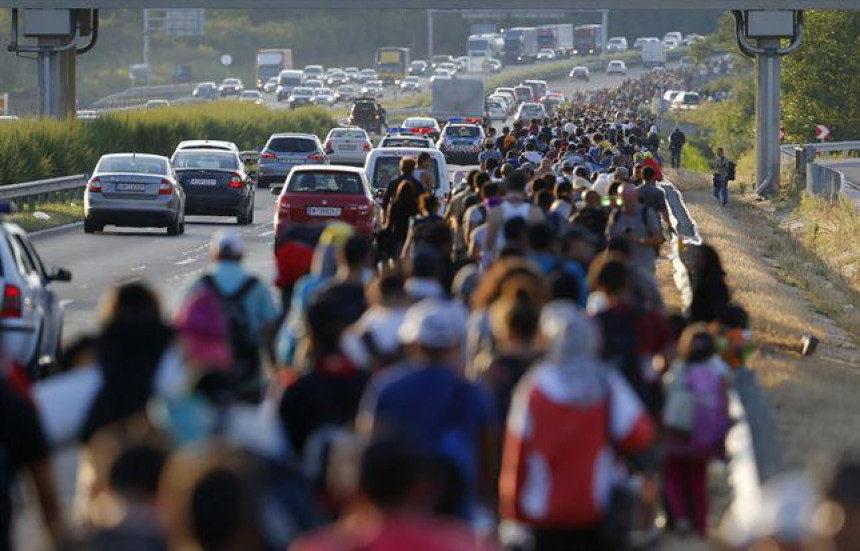
The notion of exile is often used metaphorically to refer to different types of situations experienced by people in various circumstances that are deprived of their place in the world. It also uses the figure of the exile to refer to the breakdown that all emigration can cause.
However, most of the reference explanatory theories on migration do not include the dimension of exile as a result of forms of political violence. This perspective involves modifying our vision of migratory phenomena (Oriol et al., 1983) and consider them not only from the perspective of the State of residence but also as a process begun in the State of origin of the expatriates and in an ongoing relationship with that State.
Then we consider exile as a unambiguous and defined problem, specifically as emigration. It is a social phenomenon that can be defined as the obligation to leave their country of origin as a result of situations of widespread political or social groups being specifically a target of violence, and seek refuge in another state for a period whose duration is unpredictable.
The exile is the consequence of a situation of political violence that marks the history of a society and leaves deep scars in those designated as the main targets of violence, which affects deeply and dramatically their personal, family and social lives. To protect themselves, they need to seek refuge in another State, which is far from an automatic and evident process. Given that the right of asylum is not an individual right, rather a right of states that under its control allow people to enter in their territory, according to criteria that are specific to them, and moreover, only to people who they consider worthy of protection (Arendt, 1982). If the exiles are accepted in another State, they have to rebuild their lives in a context of great uncertainty.
The situations of exile cannot be understood without asking ourselves about the socio-political dynamics that produce the flight of a segment of the people.
The societies that the exiles come from are characterized by the fact that the State no longer holds the "monopoly of legitimate physical violence" (Weber). Indeed, in these societies, the State exercises violence unlawfully, or large sections of the people have no recognized forms of protection against the arbitrariness of the authorities.. Or, in a second case, the state has lost the monopoly of violence, which is then held by various armed bodies.







